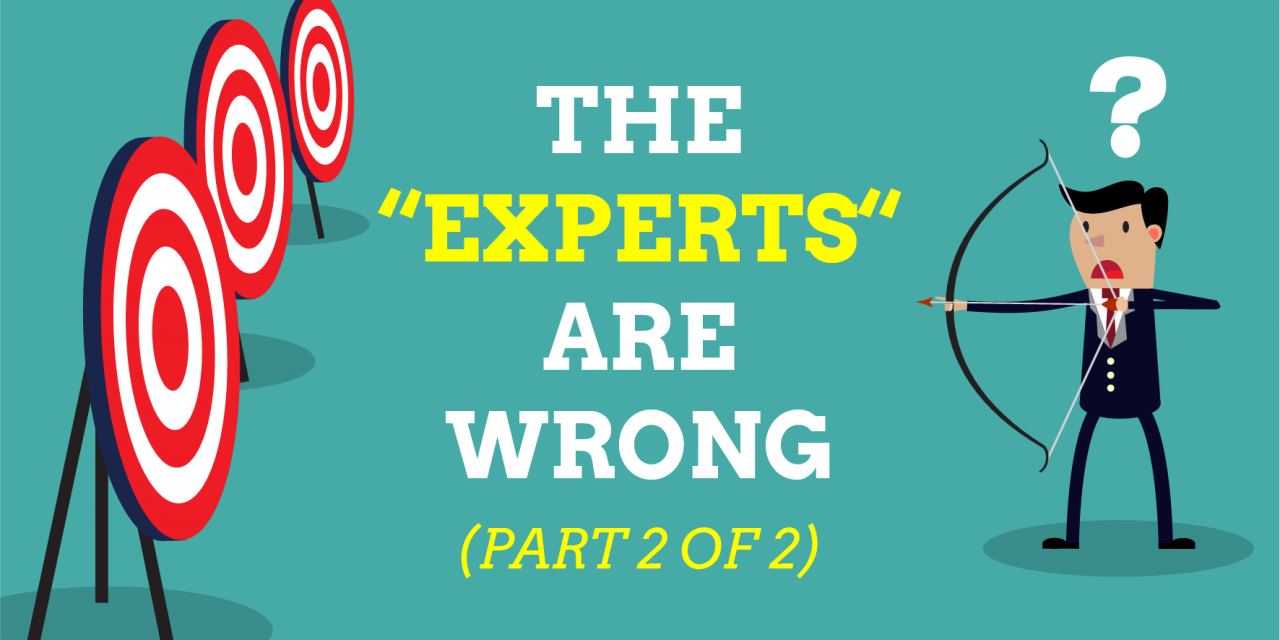Now that you know that experts are wrong about hiring voice-over talent, the next natural question you should be asking is “what else are they wrong about?” An excellent question! It’s an easy answer as well—there’s another common advertising “fact” that is nothing more than a myth, and that’s the theory of “spray and pray”.
What is “spray and pray” you might be asking. It’s the plan to try and hit as many potential leads as possible by diversifying your advertising budget across a variety of platforms. Running ads across television, radio, internet, and print will get the leads rolling in and you will have all the sales you need.
There are a few problems with this approach:
The creative is not cost effective: Creating advertising material for television, radio, internet, and print are all going to cost you money and while your advertising theming can be similar, most of your costs will be unique for each medium. The creative for four ads for different platforms will cost so much more than four different ads for the same platform.
You lose your ad spend power: Research says that listeners need to hear an advertisement several times before it really sinks in. So frequency is the name of the game if you are looking to really move the needle. The problem with spray and pray is that you can’t buy in bulk on one platform—you are too busy spreading your ad spend across several platforms. Sticking to a single platform allows you to purchase multiple slots, particularly at the same time across several weeks, where you are far more likely to hit the same possible customer again and again. It’s both a better use of your money and a smarter way to guarantee your ad is heard frequently.
You’re less likely to know what is working and what isn’t: Let’s say you run a new campaign and sales increases (or decreases) by a significant percentage. How should you react? If you are spraying and praying, you ultimately will not know which platform is the issue, and so it will be harder to make adjustments to take advantage of your success or correct a failure. One single platform and it is completely clear.
Each of these reasons points to picking a single media and dominating it before considering a different platform. We get that between the experts telling you to be on every platform and the likelihood that your competition is trying to hit all media makes you want to follow suit. But true success and market dominance comes from going against the grain—dominate a platform and you will dominate your market.

